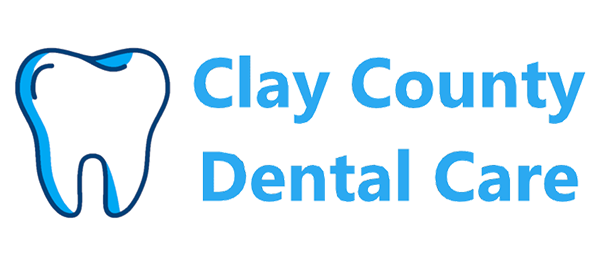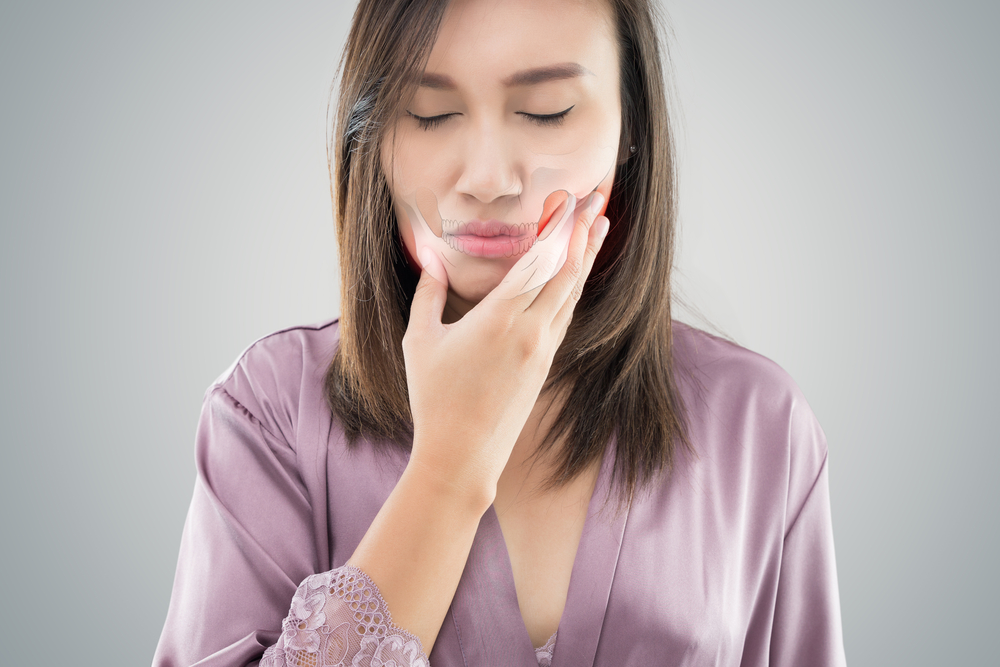What we offer
Decrease Jaw Pain With TMD Treatment
Although often underappreciated, the jaw is a very important part of the body. It helps us eat and speak and even impacts our breathing. TMD disorders, which can cause pain in the jaws and face, problems with the jaw joints, and issues with muscle movement, can thus greatly impair quality of life. We can treat these disorders so that you can get back to normal faster.
What Is TMD?
TMD, or temporomandibular joint disorder, affects the nerves of the jaw muscles and joints and can cause facial pain. TMD is usually a chronic dysfunction that can result in the misalignment of the jaw, preventing synchronized movement. The term TMD actually refers to a group of more than 30 conditions that all cause jaw pain and dysfunction and that all have similar symptoms.
What Are the Symptoms of TMD?
The symptoms of TMD can range from mild to severe, such as:
What Causes TMD?
TMD is typically caused when there is too much strain on the jaw joints from teeth clenching or grinding. This ongoing tension can cause a “locking” sensation in the nerves that create pain along the jawline. Other causes may include facial trauma from a traumatic injury, mouth breathing, or tight myofascial face muscles.
How Is TMD Diagnosed?
Diagnosis can be tricky because of the different causes of TMD and the ways that the condition presents itself. Dentists will perform a thorough examination, determine your symptoms, review complete medical records, and sometimes take blood tests to rule out other problems. If your condition can’t be diagnosed using these methods, x-rays will be taken and other tests such as MRIS, CT scans, and bone scans may be done until a proper diagnosis is reached.
Treatment Options
Types of TMD Treatment
Depending on the severity of your individual TMD, there are several different treatment options a dentist may recommend. The pain and other symptoms of TMD usually go away when the underlying cause is treated.
Dental Crowns
If an overbite is causing your TMD symptoms, getting a dental crown placed may offer some relief. A dental crown is a cap covering the teeth to keep them secure and in place.
Advantages of Dental Crowns
These are the benefits of using dental crowns:
Orthodontic Treatment
Orthodontic treatment may also be a solution for painful TMD. Orthodontic treatment can include Invisalign or braces to help reduce tension and nerve pain in the mouth.
Advantages of Orthodontic Treatment
These are the benefits of orthodontic treatment for TMD:
Bridges or Implants
Dental bridges or implants can offer support to teeth that have been compromised. A dental bridge acts as an anchor for the teeth and jaw, and an implant can secure teeth in the jawbone.
Advantages of Bridges or Implants
These are the benefits of dental bridges or implants for TMDt:
Mouth Guard
A mouth guard is another treatment option for TMD. While a mouth guard is often used to protect the teeth, it can also be used to provide support for the joints in the jaw. The support of the mouth guard can ease tension in the mouth and jaw for everyday activity.
Advantages of a Mouth Guard
These are the benefits of a mouth guard for TMD:
Treating Jaw Pain Quickly
Determine the Right Treatment Path
Some people may prefer to try less invasive treatment at home first. Home remedies like eating only softer foods and doing stretching exercises may also help. If stress or teeth grinding are causing TMD symptoms, relaxation techniques or a mouth guard may help to treat the disorder and relieve symptoms. If the TMD pain was caused by an injury, splints, hot and cold treatment, and medication may help to relieve swelling and pain.
Orthodontic Treatments for TMD
If these less invasive techniques are unsuccessful, trigger point injections may be used to relax the muscles of the face and provide pain relief, or a dentist may consider other orthodontic treatments as mentioned such as dental crowns, implants, and more. If all other options are exhausted, surgery may be considered.
TMD Jaw Surgery
Surgery may be performed to remove scar tissue or to reposition the discs that cushion the jaw bone. While it is an option, surgery is not very common to treat TMD as it can often be resolved with a few lifestyle changes. If the case is severe enough, however, jaw surgery may be necessary to get you back to living your normal, pain-free lifestyle.
How TMD Treatment Works
TMD treatment is highly individual and will vary from person to person depending on the severity of the impact the pain is having on your life. However, this is the most common process you can expect.
Step 1: Dental Evaluation
The first step that needs to be done before any TMD treatment is administered to a patient is a professional dental evaluation. A dentist will assess the health of your teeth, gums, and jaw to understand what kind of treatment may be needed.
Step 2: Choosing the Best Treatment Option
Once a dentist understands a patient’s case, they will provide their recommended treatment approach and discuss all of the options available with the patient.
Step 3: Receiving Treatment
After evaluation and once a treatment decision has been made, there will be a follow-up appointment tailored to your individual treatment choice.
Step 4: Regular At-Home Care
Some TMD treatment options may require at-home care to ensure the quality and longevity of the treatment.
Step 5: Dentist Follow-Up
After any procedures or treatment has been given, always regularly follow up with your dentist to ensure that your symptoms are still being managed effectively.
Get rid of unnecessary pain
Getting Back to Normal
Our team has the experience and qualifications needed to treat TMD disorders. If you’ve been struggling with TMD pain, reach out to a dentist to get started and get back to normal life.

Frequently Asked Questions
Does TMD cause headaches?
Does grinding my teeth cause TMD?
What are some things that I can do at home to help with my TMD?
While we advise you to come in as soon as possible to get your TMD properly treated, here are some things that you can keep in mind to reduce the effects of TMD:
- only eat soft food that you can chew easily
- avoid food that causes your to have to bite down with your front teeth
- avoid food that causes you to open your mouth wide such as a big burger or sandwich
- don’t chew gum
- alternate chewing from one side of your mouth to the other
- apply moist heat to the outside of your jaw four times for 10 minutes
- massage the sore joints daily to stretch your chewing muscles
Is jaw surgery required to treat TMD?
We've Got You Covered
Insurance We Accept
Don't see your insurance listed? No worries! If you have a PPO plan, you can use it here.
Contact us
to verify your coverage
Our Doctors
Meet our Family of Dentists
Dr. Standish has been serving Clay County patients at Eagle Harbor Dental for over 40 years. His daughters Dr. Kelly & Dr. Erin joined the practice and they’ve been creating beautiful smiles as a family ever since. With extensive educations and memberships, our dentists are the best that Fleming Island has to offer.





Ready to get started?
Book your appointment
Give us a call
(904) 269-6558
or send us a message using the form below










